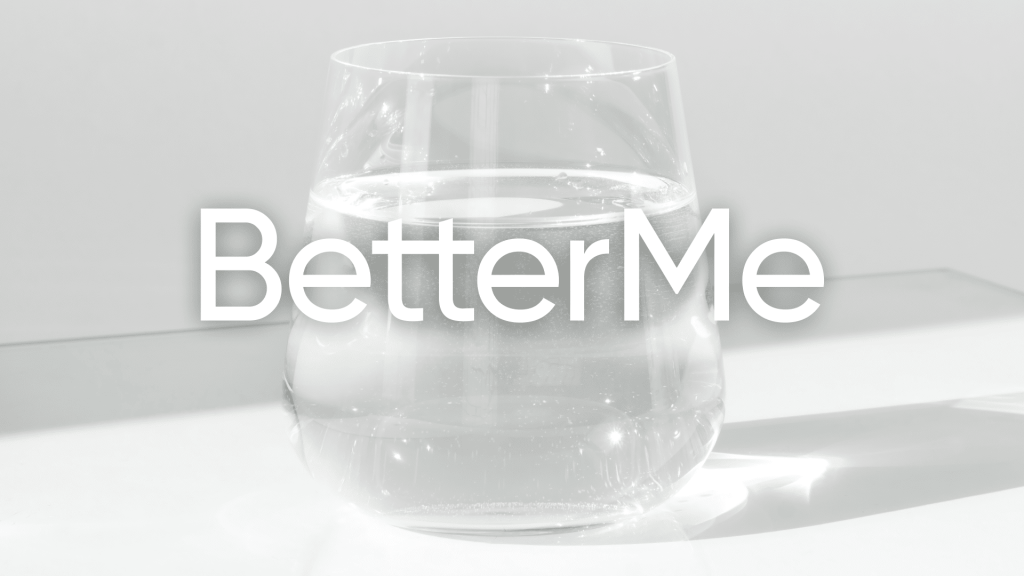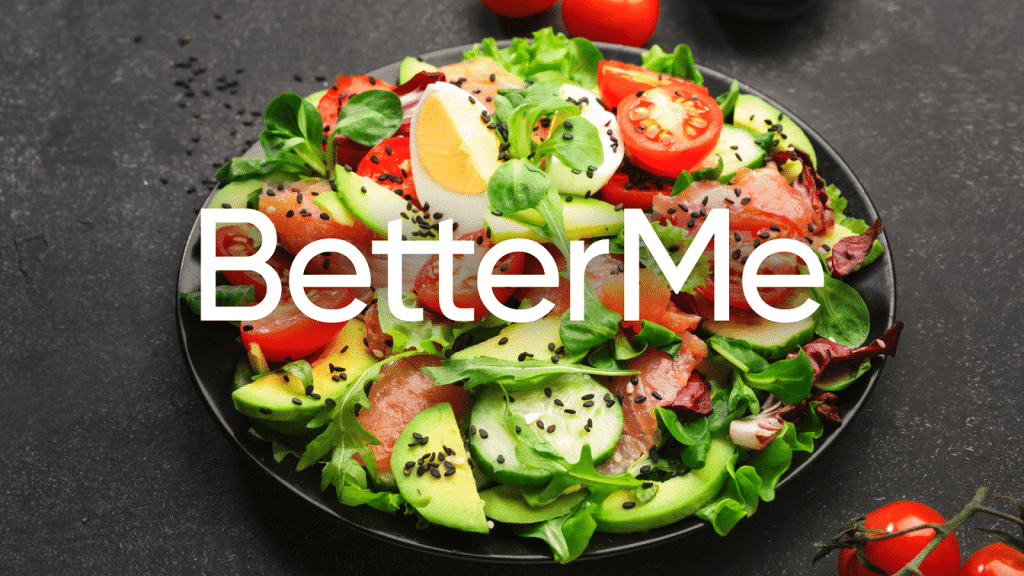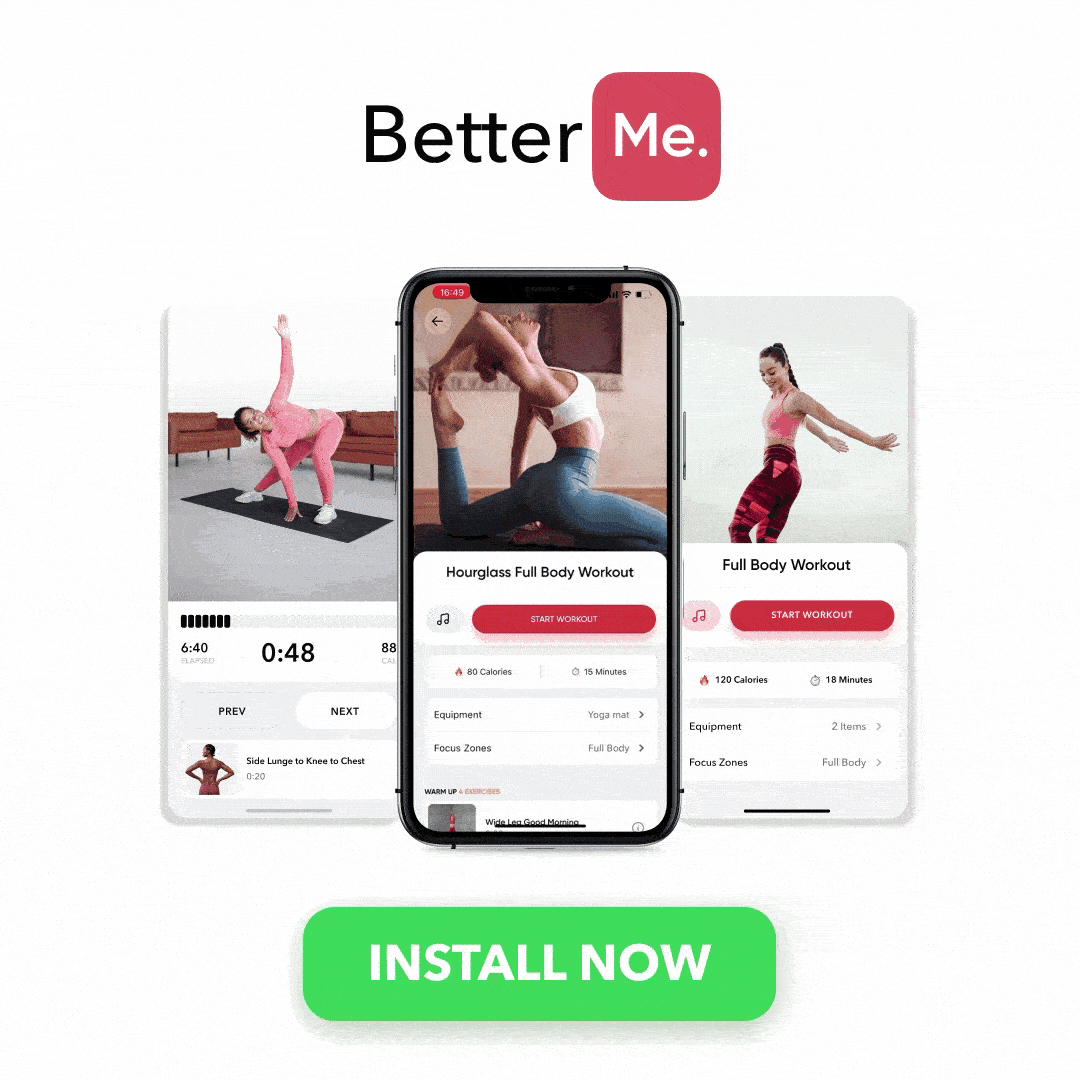We are creatures of habit, which shapes who we are. Depending on the habit, it will either promote or deteriorate our overall health status and quality of life. Because of this power of healthy habits, we are urged to develop and maintain the healthy ones. Despite this insight, forming and maintaining healthy habits is no walk in the park. They can be stressful and overwhelming, particularly if you do not know how to implement them. This read explores healthy habits to start developing and the best ways to do that.
Healthy Habits To Start Building
Most of us settle for whatever life brings us. Unfortunately this comes with negative habits that will cost you health over time. Because some people do not want to change these habits, they make excuses.
But why choose complacency over good health? Health experts recommend developing the following healthy habits for better health and increased quality of life:
Eating Breakfast
There are several running theories about having breakfast. One states that it is the most important meal of the day. Another theory argues that skipping breakfast helps tremendously with weight loss. But which of the two is logical, and which is a misconception?
Scientists reveal that it is indeed true that breakfast is the most important meal of the day, and for a bunch of reasons. First and foremost, it jump-starts your metabolism and provides you with the energy to perform your daily activities.
As the name suggests, breakfast is the meal that breaks you from a fast (when you sleep). If you do not eat, you will lack energy and become sluggish. Secondly, scientists reveal that eating breakfast helps weight management by controlling your appetite (2).
When you have this meal regularly, you reduce the chances of overeating later during the day. This means you maintain a calorie deficit that promotes weight loss. No matter how busy you are, you are urged not to skip breakfast. As an option, go for something light, such as a smoothie or a piece of fruit.
Drinking Adequate Water
Staying hydrated should be the number one priority of every individual, regardless of gender. Drinking enough water can help you in so many ways, one being reducing dehydration. Contrary to what most people think, dehydration can lead to severe complications, including low blood volume (8).
When you report low blood volume, your blood pressure also drops, and there is a reduction in oxygen reaching your body tissues. Similarly, you are also likely to experience seizures due to an imbalance in electrolytes (8). Dehydration can also lead to kidney problems and heat injury (8).
Another reason to drink plenty of water during the day is to reduce the risk of diseases. Unlike sugary drinks, water is calorie-free and reduces your risk of type 2 diabetes and obesity (2).
Water can also promote weight loss among dieters. It increases satiety and reduces overeating, helping you maintain a calorie deficit. Although some people focus on two or three liters a day, we urge you to drink enough. You can tell if you are drinking enough water by looking at the color of your urine. For example, you are drinking enough if it is colorless and less if it is yellow.
We understand that some people are not huge fans of drinking plain water, which may prevent them from hydrating properly. In this case, we suggest you enhance your water’s flavor using a slice of lemon, lime, cucumber, or orange or add mint leaves.
Read More: Reset Gut Bacteria: 10 Plus Things You Can Do For A Healthy Gut Microbiome
Chewing Food Thoroughly
Regardless if you are in a rush, health experts suggest you chew your food thoroughly. Most people may ignore this simple habit, yet it profoundly impacts your digestive health. First and foremost, chewing food thoroughly and slowly makes it easier to swallow. It also eases the digestion and absorption processes (3). Chewing food slowly and thoroughly also helps with weight management by preventing overeating, linked to a calorie surplus (3).
Reducing Sugar And Sugary Drinks
We understand that some people have a sweet tooth – nothing wrong with that. However, your choice of sweet foods is what matters. Unfortunately, most people crave sugary drinks and foods with high traces of calories, fat, and added sugars. According to Medical News Today, some foods and beverages contain dietary sugar, high fructose corn syrup, and dextrose that increase your risk of metabolic syndrome and heart disease (3).
So, you are urged to carefully read food labels and avoid foods with substances with fructose, sucrose, and other ingredients ending with “-ose” (3). Instead, food experts recommend using natural sugars and sweeteners such as honey and maple syrup. Be warned, though; they may result in weight gain if you overdo the servings.
Similarly, you are also advised to stay away from sugary drinks. They have been linked to diseases like obesity, kidney disease, tooth decay and cavities, heart disease, obesity, gout, type 2 diabetes, and non-alcoholic liver disease (3).
Brush Your Teeth Twice Daily
This simple habit has many healthy habits. First and foremost, the American Dental Association recommends brushing your teeth twice a day using fluoride toothpaste and for two minutes every time (9). This improves your dental hygiene and helps remove food and plaque that may result in tooth decay and cavities.
In addition to brushing your teeth, you are also advised to floss daily, avoid frequent snacking, and use mouthwash after brushing and flossing to further enhance dental hygiene (9).
Get Enough Sleep
Although we have heard this multiple times, the reality is that most people do not get enough rest or sleep well. This results in poor sleep quality, which over time results in chronic sleep deprivation that has severe health problems. For example, it may cause high blood pressure, heart attack, stroke, obesity, and diabetes (3).
With this in mind, you are urged to get enough quality sleep. WebMD recommends getting 7 to 9 hours of sleep every day. This will enhance your mood, boost energy levels, and sharpen your memory and focus (2). In addition, you can try meditation for better sleep. Alternatively, you can try strategies such as creating a restful environment, reducing stress levels, limiting daytime naps, and sticking to a standard sleep schedule.
Whether you’re looking to simply pep up your fitness routine, jazz up your diet with mouth-watering low-calorie recipes or want to get your act together and significantly drop that number on your scale – BetterMe app has got you covered! Improve your body and revamp your life with us!
Eating Vegetables
Whether you love them or not, vegetables are undoubtedly one of the healthiest food groups. A diet rich in vegetables has been linked to several health benefits, including reduced risk of high blood pressure, cancer, obesity, eye conditions, stroke, and heart disease (7). In addition, several types of vegetables exist, with essential plant compounds that improve overall health.
For example, there are cruciferous vegetables like broccoli, cabbage, and cauliflower, dark leafy green veggies like spinach and kale, and marrow veggies like pumpkin and zucchini. All these load your body with essential nutrients, antioxidants, and other plant compounds that are beneficial to health.
It would be best if you mixed them and ate a variety to give your body a mix of different essential nutrients. Food experts suggest trying new recipes or consuming them in smoothies and juices for those who do not like vegetables. If you do not eat enough veggies, you can change the pattern by creating a meal plan that allows you to explore a variety of vegetables (7). Always remember to consult before making any dietary changes.
Eating A Balanced Diet
Adding vegetables to your diet does not mean that your diet is healthy and balanced. Remember that there are several types of food groups that your body needs to function properly: carbohydrates, proteins, fats, vegetables, fruits, healthy fats, and dairy. In addition, the 2015-2020 Dietary Guideline for Americans emphasizes the significance of having meals that include all the food groups. Knowing this, when developing a meal plan be sure to include all food groups in every meal.
Remember to consume each food group in the right amounts. The USDA Food Patterns suggests measuring your fruits, vegetables, and dairy in cup equivalents (4). The USDA recommends measuring them in ounce equivalents (4). These equivalents vary from person to person due to differences in age, physical activity, calorie count, and other factors. So, talk to your nutritionist for insight on the best servings.
Exercising
Numerous factors affect your health and increase your risk of disease. Some you cannot control, for example, because they are affected by genes or age. However, others can be managed because they are primarily affected by your lifestyle. For example, you can reduce your risk of obesity by taking the necessary steps towards leading a healthier lifestyle.
One of the activities that tops most lists of healthy living is exercise. Exercising is fundamental for numerous reasons. First, it reduces the risk of cardiovascular disease, stroke, type 2 diabetes, hypertension, and metabolic syndrome (6). Exercising also increases your energy levels and endurance, helping you accomplish several daily activities.
You also feel better, sleep better, look and feel good when you exercise. Lest we forget that exercising is one of the fastest ways to lose weight as it increases your metabolism and helps you burn more calories. These are only a fraction of the health benefits associated with exercise. That said, it would be best if you considered adding this healthy habit to your schedule for a healthier lifestyle.
-
Guide On How To Exercise
Consult with your doctor before even choosing an exercise program. Once they give you the green light, talk to a trainer and let them create a personalized workout plan matching your needs. You are advised to get a minimum of 150 minutes of moderate-intensity aerobic activity. This equates to exercising for 20 minutes every day or half an hour for five days (1).
Additionally, remember to mix your exercise programs. Do not concentrate on a single activity only but balance them for faster and more effective results. Consider performing muscle-strengthening activities at least two days a week.
Read More: Jump Workout 101: The Beginner’s Guide To Plyometric Training
Spending Time Outdoors
A few minutes outside will do you more good than harm. For example, if you head out when the sun rises, you will acquire vitamin D. The vitamin is essential for better bone and heart health (2). Additionally, the scenery and fresh air, especially in green calmer areas will put you in a better mood.
Being outside means your body is in motion, and you are burning calories. Consequently, you have a reduced risk of obesity, type 2 diabetes, stroke, and cardiovascular disease. In addition, you promote weight loss by burning more calories, unlike if you were indoors watching a movie or surfing the internet. With this in mind, create time to spend a few minutes, at least twenty to thirty minutes outside.
Note that the CDC reminds you that sunlight can be a threat to your health despite being a great source of vitamin D. They advise you to be sun safe by wearing long-sleeved pants and shirts, sunglasses, and a wide-brimmed hat. In addition, wear broad-spectrum sunscreen with an SPF of at least 15 to protect you from harmful ultraviolet radiation. Consider also wearing sunglasses to block UVA and UVB rays which can harm your skin (1).
Getting Regular Checkups
Unfortunately, most of us only visit the doctor when we are not feeling well. Health experts reveal that this is unfortunate because you miss out on finding potential health issues until they have become a severe event (6). Optimally, this is one of the healthy habits to start in your 20s. When you get regular checkups, your doctor can detect health conditions early.
Consequently, they may give you the right treatment that prevents the disease from progressing to severe. By taking these steps, you help to protect yourself from chronic illnesses and other severe complications that could be managed from early detection.
Quitting Smoking
Quitting smoking is among the big moves you can take in leading a healthier lifestyle. It can improve your overall health status and quality of life by reducing the risk of diseases such as cancer and chronic obstructive pulmonary disease (1). Although quitting earlier in life has greater health benefits, the move is still beneficial to your health regardless of age (5).
Quitting smoking, even if it is a habit you picked decades earlier, will provide numerous health benefits. Additionally, quitting smoking will also benefit your family members and colleagues from risks associated with breathing secondhand smoke (5).
Yes, you can do it, so long as you put your mind to it. However, if you need extra help, the Center for Disease Control and Prevention (CDC) recommends you call 1-800-QUIT-NOW for free and additional support (5).
If you struggle to even flirt with the idea of giving up your favorite foods or working out till your legs give way – BetterMe app is here to breathe a fresh perspective into the way you view the weight loss process! Check out the app and experience the fun side of fitness and dieting with BetterMe!
Drink Alcohol In Moderation
Another of the many healthy habits to start developing is cutting alcohol entirely or drinking it in moderation (6). That said, the motives behind alcohol consumption are not associated with any health benefits. Instead, they are linked to factors such as drinking to escape problems, for enjoyment, to get drunk, or to boost your sociability.
Keep in mind that the long-term risk of drinking alcohol include heart disease, hypertension, liver disease, stroke, cancer, and digestive problems (3).
Eating Whole Grains
Whole grains are among the healthiest food groups that make up a balanced diet. Therefore, the American Heart Association recommends individuals add this food group to their diets instead of refined grains.
Refined grains refer to foods that have been processed and stripped of their nutritional profiles. They include white flour, white sugar, white rice, and white bread. Instead of these, food experts suggest you consume whole grains which retain all their nutritional values.
Several studies reveal that these foods contain essential nutrients such as fiber, iron, and B vitamins (3). Your body needs these nutrients to perform different roles. For example, it requires iron to carry oxygen in the blood and fiber to balance blood sugar levels (3). In addition, the B vitamins promote overall good health by enhancing cell metabolism, energy levels, and brain health.
The Best Way To Start Healthy Habits
Although it is easier to spot the habits of health that are needed to adopt for a healthier lifestyle, implementing them can be challenging. On paper, eating a balanced diet or getting enough rest sounds easy. However, implementation can be quite a task due to influence from other factors such as your surroundings, occupation, and other stressors. Below are some strategies to help you adopt these healthy habits:
- Implement one change at a time. Changing everything at once can be overwhelming and stressful. So, try to change one thing at a time. For example, start by working on your sleeping patterns in the first week. Once you get the hang of it, work on your eating habits.
- Make a plan. Working with a plan will help you stay on track and set reasonable goals. A realistic plan with reasonable goals should allow you to implement specific actions within a particular duration. Similarly, it should account for failure and allow for second chances.
- Make the changes constant. These changes will only be effective if they become habits you practice over time.
- Stay motivated. It would be best if you stay motivated, even if you do not see the changes you want or as fast as you want. Just be patient and think about the future.
The Bottom Line
Health experts suggest leading a healthy lifestyle for better overall health and increased quality of life. You can build this lifestyle by developing healthy habits. Some healthy habits to start this lifestyle include exercising, eating a balanced diet, hydrating, and getting enough rest.
Although these habits sound easy to implement, they can be overwhelming and nerve-wracking. With this in mind, we urge you to build on one habit at a time, be patient with the results, stay motivated, and use a plan. We wish you all the best as you try out this health challenge.
DISCLAIMER:
This article is intended for general informational purposes only and does not address individual circumstances. It is not a substitute for professional advice or help and should not be relied on to make decisions of any kind. Any action you take upon the information presented in this article is strictly at your own risk and responsibility!
SOURCES:
- 8 Strategies for a Healthy Spring (2021, cdc.gov)
- 12 Habits of Super-Healthy People (2020, webmd.com)
- 29 nutrition tips for better health and longevity (2020, medicalnewtoday.com)
- Back to Basics: All About MyPlate Food Groups (2021, usda.gov)
- Benefits of Quitting (2020, cdc.gov)
- Healthy Living (2021, medlineplus.gov)
- Vegetables and Fruits (2022, hsph.harvard.edu)
- What you should know about dehydration (2017, medicalnewtoday.com)
- When and how often should you brush your teeth? (2021, mayoclinic.org)


















